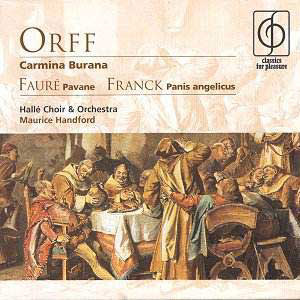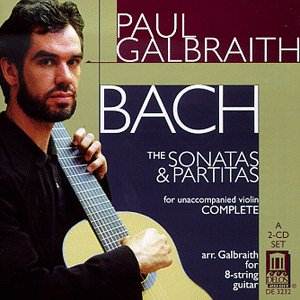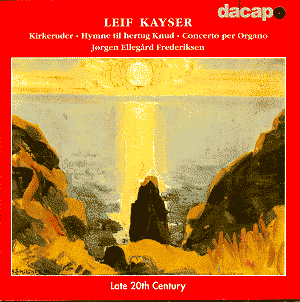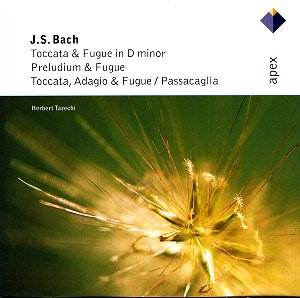 Composer: Carl Orff
Composer: Carl Orff
Works: Carmina Burana (1937), Gabriel Fauré – Pavane, Op. 50 (choral version, 1887), César Franck – Panis angelicus (1860, arr. Sandré)
Performers: Hallé Choir and Orchestra, cond. Maurice Handford, with Sheila Armstrong (soprano), Peter Hall (tenor), Brian Rayner Cook (baritone), and the Boys of Manchester Grammar School
Recording: Recorded in the Free Trade Hall, Manchester, May 1982 (Orff) and May 1980 (Fauré, Franck)
Label: Classics for Pleasure
Carl Orff’s “Carmina Burana” remains a monumental work in the choral canon, celebrated for its vivid storytelling and rhythmic vitality. The piece, composed during the interwar period, draws from a collection of medieval poems that address themes of fate, love, and revelry, thus embodying the exuberance and disillusionment of its time. This newly remastered release, originally issued on LP, presents Orff’s dynamic score alongside two choral works from earlier French composers, Gabriel Fauré and César Franck, offering a juxtaposition of styles and eras that is intriguing yet ultimately uneven.
Maurice Handford’s conducting of “Carmina Burana” evokes a mixed response. While the Hallé Choir exhibits commendable gusto, a necessary trait for this exuberant work, their performance lacks the necessary exuberance and precision. The choir’s interpretation occasionally feels fatigued, particularly in pieces like “Olim lacus colueram,” where the intended raucousness fails to materialize. The energy should be infectious, but instead, it feels somewhat restrained, lacking the visceral thrill one expects from such a raucous celebration of life and excess. The orchestral accompaniment, while competent, does not fully engage; the tuttis often fail to project the vibrant chaos that characterizes Orff’s orchestration.
The soloists, too, present a mixed bag. Sheila Armstrong’s soprano shines in “Amor volat undique” and “Stetit puella,” showcasing her artistry effectively, yet she falters in “Dulcissime,” where the demands of the piece seem to exceed her vocal resources. Peter Hall’s tenor struggles under the weight of his role, producing a strained sound that distracts from the lyrical lines he must convey. Brian Rayner Cook’s baritone, while pleasantly sung, lacks the necessary heft, leaving the climaxes feeling underwhelming. The recording itself, though reasonably clear, does little to enhance the performance’s impact, with the soundstage failing to capture the full dynamic range of Orff’s orchestration.
The coupling of Fauré’s “Pavane” and Franck’s “Panis angelicus” offers a contrasting sensibility, yet here too, the execution falls short of the more refined interpretations available. While the performances are polished, with notable moments such as the exquisite solo flute in the “Pavane,” they lack the depth and emotional resonance that these works can convey. The absence of lyrics in the booklet further complicates the listener’s ability to engage with the text, particularly in Fauré’s choral version where the optional chorus feels superfluous.
This reissue, while nostalgic for those acquainted with the original LP, does not rise to meet the high standards set by many contemporary recordings of “Carmina Burana.” The competition is robust, with numerous versions that capture the essential exuberance, energy, and clarity that Orff’s work demands. For those seeking a compelling interpretation, alternatives abound, such as the vibrant performance led by David Parry, which brings a level of excitement and engagement notably absent here. The Hallé Choir and Orchestra’s efforts are commendable but ultimately insufficient to elevate this recording above a mere historical curiosity.



